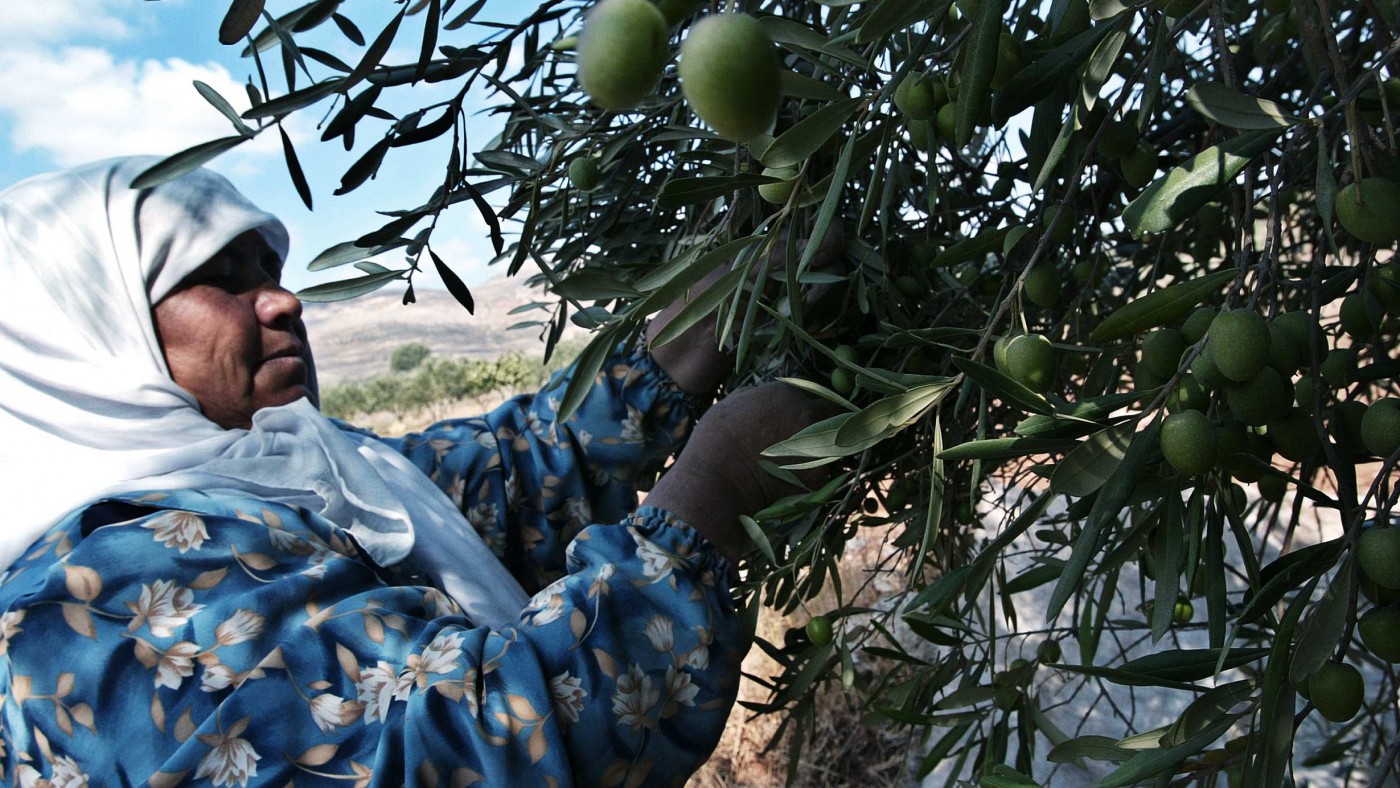When the Middle East makes the news it’s usually reduced down to a simplistic narrative of conflict, religion or religious conflict. Often too, the narrative is one predominantly played out by men. The economic stories are often overlooked, a clear oversight considering that the region’s poverty can be seen to exacerbate the conflict.
But in the occupied Palestinian territory entrepreneurial women are quietly starting up businesses, turning a profit and beginning to work their way out of poverty.
In the West Bank the local economy is small and struggling with local industry subject to movement and trade restrictions, limited natural resources and little physical space to develop. Moreover the economy’s one-way permeability enables easy import of products but means exports face expensive, bureaucratic obstacles. Under such conditions profit making and wealth creation are challenging to say the least, leading to high unemployment.
Social and cultural restrictions mean women are sometimes prevented from working and so lack the opportunity to learn the skills needed to set up their own businesses. But with a little support their entrepreneurial drive is helping them break free from these patriarchal shackles.
Near the West Bank town of Nablus, in the north of the occupied Palestinian territory, Amal Abdel Karim, 39, is a member of the Jamaeen Women’s Cooperative. With support from the Palestinian Agricultural Relief Committee (PARC), which has provided training in quality control and marketing the cooperative recently won a contract with the Ministry of Education to supply and manage the canteen of a local school. Today, Amal works five days a week in the canteen and as part of the cooperative she produces couscous, bulgar and the herb zatar, for sale locally and to a company in Dubai.
As well as increasing her income she is also challenging traditional cultural norms. “I am setting an example that can be followed by other young women in the village and by my daughters,” she said. “I feel like I have a purpose, I have something to do in my life. I love my work so much, but I also have greater ambitions. I dream about having my own business working with livestock, like sheep. That is my next dream.”
One woman who has already achieved that dream is Khitam Sbeih. Born in the village of Kofor Ra’i where she still lives, 50km north of Nablus, the 45-year-old has turned a loan and some citrus fruit seedlings she was given by PARC into a successful smallholder farm. She now produces a variety of crops, sells cheese, milk and yoghurt from her sheep and has expanded into beekeeping.
She said: “I saw women taking loans from PARC and creating their own income-generating businesses. When I saw this it encouraged me to start my own business. I thought ‘I can do that.’
“My husband loves the fact that we farm together. I got the loan, he bought the sheep, we tend to them together and neither of us is in each other’s shadow. It turns out that it works for his benefit, because I get up early with him, so rather than being on his own, he gets company tending the animals – and he gets a morning coffee. Sometimes he makes the coffee, but he makes such a mess of the kitchen that I prefer to do it.
“God willing, I’ll get some more sheep because they’re the most profitable and I feel most comfortable with the sheep. I have enough to cover our needs, but if we could make more profit we could provide more for the children.”
Rather than simply giving women an extra workload of employment on top of housekeeping and childcare, changing the attitudes to women’s traditional roles within households and communities is also important.
For Khitam it is the cultural legacy through her economic endeavours that her daughter will inherit that means the most. “I want her to do whatever she has ambition for. Every parent should want their child to be more than they had chance to be.
“We’ve changed our way of thinking through this. Women are creating their own companies now, becoming businesswomen.”
PARC have worked with companies like Zaytoun, founded in 2004 to develop a market in the UK for Palestinian produce, which helps marginalised farmers like Khitam to access global markets. For many Palestinians the olive harvest is their main means of survival and so getting their olive oil to global markets is vital. Between 2004 and 2009 Zaytoun sold over 170 tonnes of olive oil, bringing in over £1 million for producers. As well enabling local employment by getting as much of the labelling and packaging done in-country, they have now expanded the range to include almonds, dates, couscous, herbs and soap.
Across a region riven with poverty women have shown to be a largely untapped source of innovation and entrepreneurism. Increasing opportunities for them to harness market forces may help them change both their economic and cultural fortunes.


